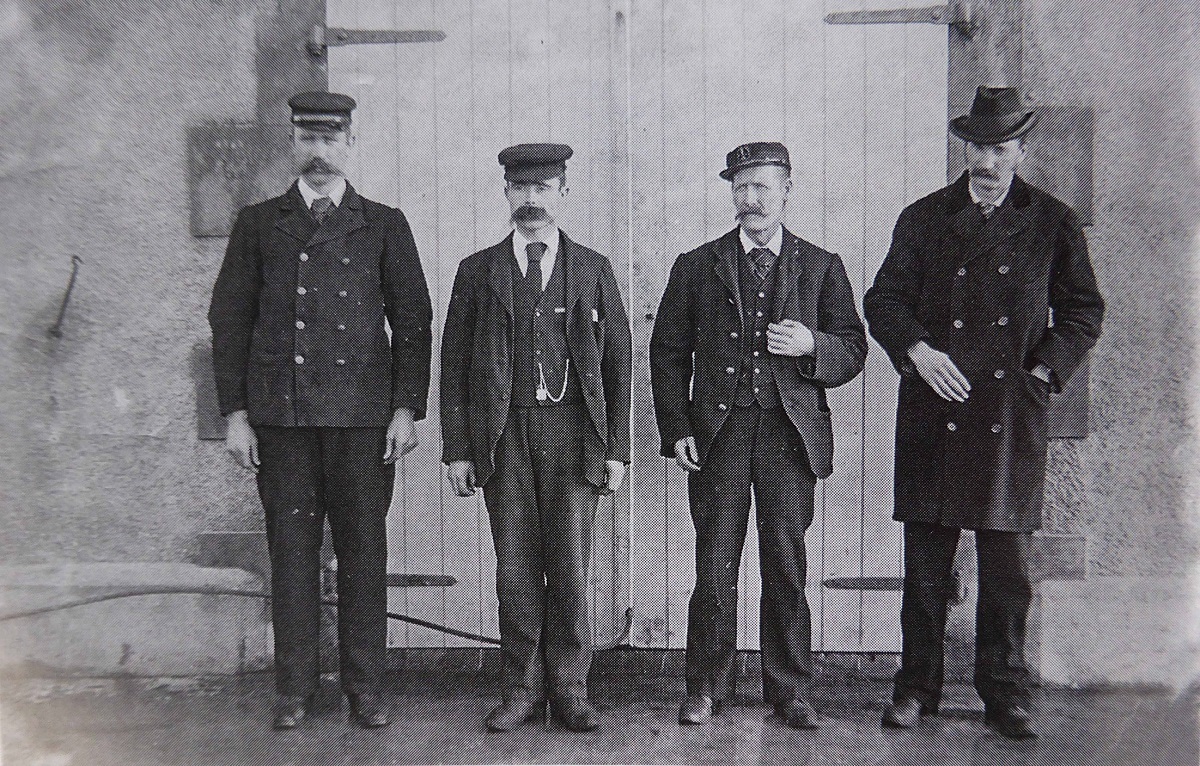
IT’S a mystery that’s captured the imaginations of conspiracy theorists for more than a century.
Just four days before Christmas 1900 three lighthouse keepers seemingly vanished into thin air on the remote Flannan Isles.
Not a single shred of evidence was ever found to point to what might have happened and theories over the years claim the men were killed by pirates, eaten by seabirds and even kidnapped by aliens.
Now the author of a new book has finally shone a light on their Marie Celeste-style disappearance.
Leading naturalist John Love, who has extensively researched the tragedy 20 miles off the tip of Lewis in the Outer Hebrides, claims two of the keepers had been previously fined for not storing gear properly in a prior storm and that must have been in the back of their minds.
Instead of staying out of the fierce gale, they ventured out to make sure their equipment was safe only to be hit by a huge wave.
As part of his book, A Natural History Of Lighthouses, Mr Love managed to piece together a complete assessment of the mystery, based on all the available records, to explain what happened to James Ducat, Thomas Marshall and Donald MacArthur.
However the expert has rubbished claims a “toppled chair” and a number of unfinished meals were found by rescuers on Boxing Day 1900.
Mr Love said: “It was only after 1912, when English poet Wilfrid Wilson Gibson published his epic, Flannan Isle, that the story began to assume such an air of mystery, speculation, even intrigue.
“For me and many others including lighthouse keepers themselves, there is no mystery and never has been.
“There is no need to invoke the sinister or the paranormal, it was purely a tragic act of nature the men got swept away by abnormally rough seas.”
His research has revealed Thomas Marshall had previously been branded negligent and fined five shillings after equipment was washed away during a fierce gale.
With this hefty fine at the back of the men’s minds, Mr Love believes they may have ventured out to make sure everything was secured, sealing their fate.
“Since it was not permitted for all three to abandon the lighthouse, only two of the men must have gone down to the landing to secure the gear. The third, Donald MacArthur, would have remained back in the lighthouse. But when his companions did not return he would have been concerned for their safety. Or else, perhaps, he saw a great wave approach and rushed to warn them.
“MacArthur may have been too late, only then to be swept away himself.”
He says the keepers the first at the newly built lighthouse may not yet have been totally familiar with winter storm conditions around the island.
Mr Love said that during construction there was further tragedy the clerk of works died from natural causes, and a horse called Billy slung ashore by crane also died. “Sadly when Billy the horse came to be taken off, he struggled out of his sling and fell to his death into the sea below,” he said.
A Natural History Of Lighthouses by John A. Love. Price £30 from Whittles Publishing.

Enjoy the convenience of having The Sunday Post delivered as a digital ePaper straight to your smartphone, tablet or computer.
Subscribe for only £5.49 a month and enjoy all the benefits of the printed paper as a digital replica.
Subscribe